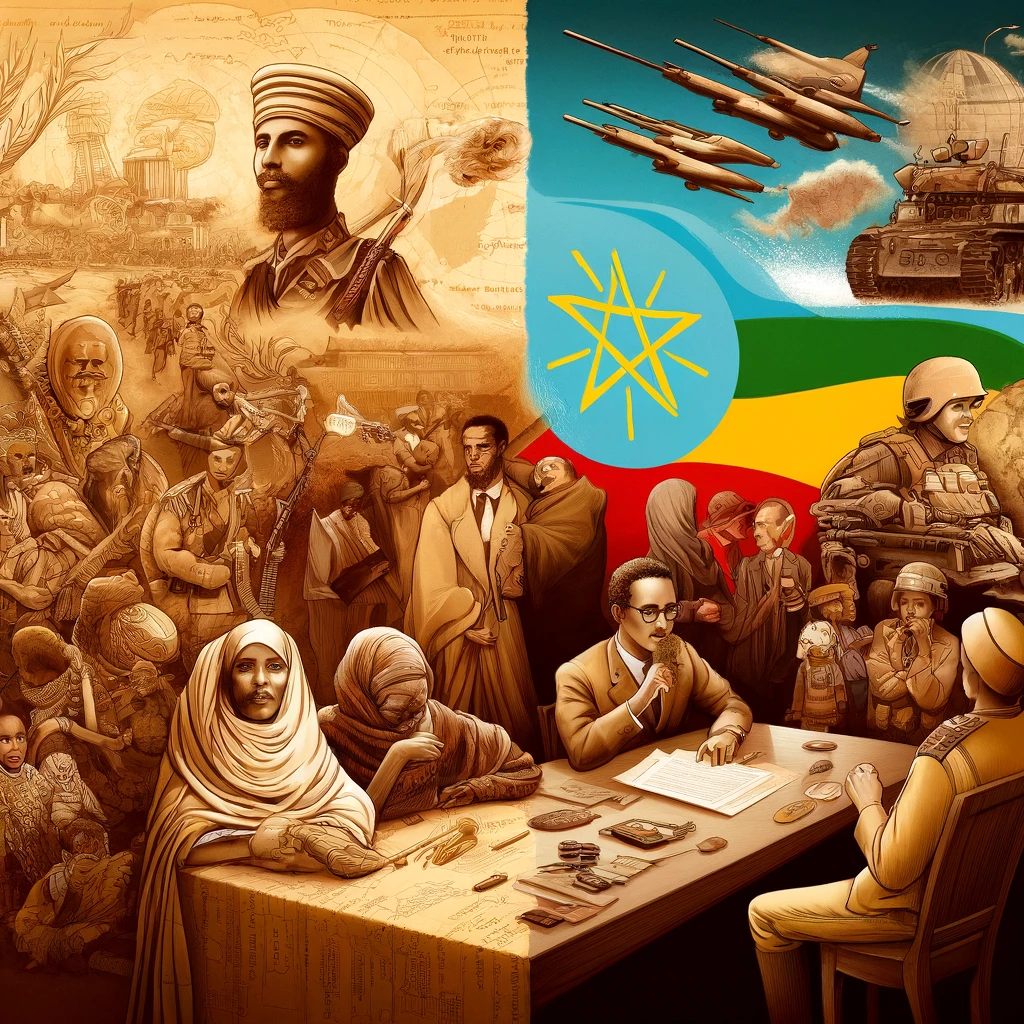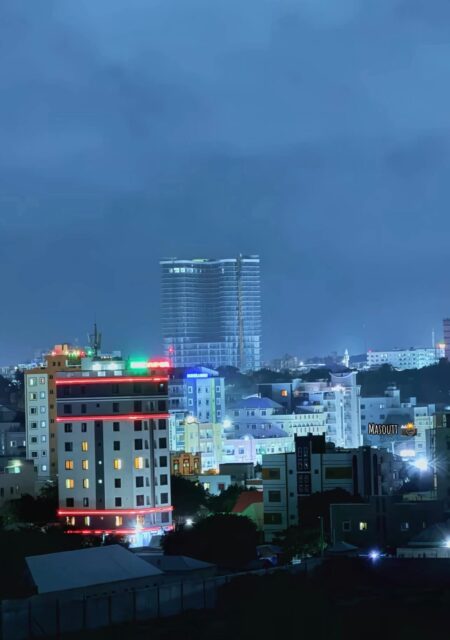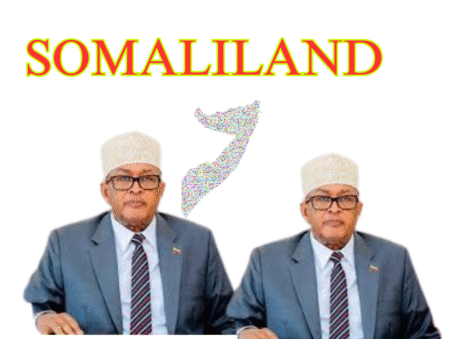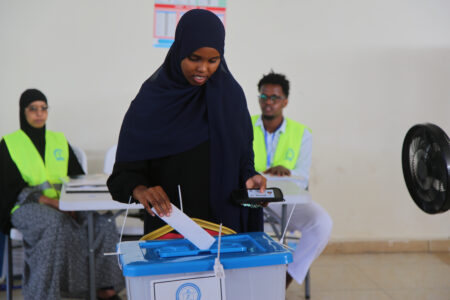Ethiopia’s interest in Somali territories is not a recent phenomenon but a historical pursuit that has endured for over two millennia. This pursuit can be traced back to ancient times when the Aksumite Empire, a precursor to modern-day Ethiopia, extended its influence into the Somali region. The collapse of the Somali government in 1991 presented Ethiopia with an opportunity to advance its strategic interests by establishing administrations and groups within Somali territories. This move effectively partitioned the Somali regions into South Somalia, under the control of warlords, and Somaliland in the north, which declared itself an independent government.
The emergence of the Islamic Courts Union between 2002 and 2007 disrupted Ethiopia’s influence in southern Somalia. During this period, intellectuals, politicians, and diaspora members emerged who vehemently opposed Ethiopia’s ambitions, particularly after the Ethiopian invasion of Mogadishu in 2006. Despite these formidable challenges, the Somali people have defended their land with unwavering determination. This defense has taken various forms, including armed resistance against foreign forces and political mobilization to protect their territorial integrity. Despite division, the Somali people’s resilience and steadfast commitment to defend their land have remained a beacon of inspiration.
As Ethiopian influence waned in South Somalia, the focus shifted to northern Somali politicians, particularly those from Somaliland. Recognizing that Ethiopia has never decisively defeated Somalia in war, Ethiopian politicians shifted their strategy towards supporting Somaliland’s independence. Ethiopia’s primary objective was the ancient port of Zaila near the Djibouti border, a key strategic location due to its historical role as a trade hub and which is 100 km away connection to the Ethiopian railroad, which provides a crucial link to the sea for landlocked Ethiopia. The strategy included installing Somali-speaking politicians of Ethiopian origin and lobbying internationally for Somaliland’s recognition as an independent state. However, these efforts did not succeed. Not even that, in 2007, Ethiopia convinced the Puntland administration in Somalia to hand over the Sool and Sanaag regions to Somaliland, aiming to bolster Somaliland’s bid for international recognition. However, this strategy was thwarted in 2023 when pro-SSC Khaatumo forces expelled Somaliland troops, forcing Ethiopia to negotiate with the Somaliland administration for land to develop a port on January 1, 2024.
The signing of a Memorandum of Understanding (MoU) between the Ethiopian Prime Minister and Somaliland’s leader, Muse Bihi Abdi, on January 1, 2024, underscored Ethiopia’s objective to recognize Somaliland in exchange for access to Zaila Port. The Somali Federal Government and the Somali people openly and decisively opposed this move, viewing it as another form of Ethiopian invasion. People in Awadal Sate, where Zaila is located, also started mobilizing their people to defend their land. The Somali people, known for their strong sense of nationalism and unity, have consistently defended their land, even in the face of division. This sentiment is powerful in Ethiopia, as Somali nationalism and Islamist ideologies often unite the clans against perceived Ethiopian interests.
The Somali public vehemently opposed these developments domestically and in the diaspora, triggering widespread nationalistic sentiments. Discussions arose about Somalia’s vulnerabilities and Ethiopia’s potential economic and military vulnerabilities, especially given modern warfare technologies like UAV drones. The Somali government also started seeking strategic partners, signing MoUs with Türkiye for coastal security and Eritrea for military cooperation. Somali military experts emphasized that if Ethiopia continues its new ambitions, it could have disastrous consequences for Somalia and Ethiopia. They argue that in the event of resistance, Ethiopia is more vulnerable than Somalia because its public infrastructure, including dams and military installations, could be targeted, potentially causing widespread regional instability and humanitarian crises.
Experts argue that Ethiopia should be persuaded to pursue peaceful engagements and join the East African Community (EAC) for mutual legal and commercial benefits. The EAC, a regional intergovernmental organization, promotes economic integration and cooperation among its member states. If Ethiopia were to join, it could benefit from increased trade and investment opportunities and enhanced regional security. However, if Ethiopia refuses, it risks escalating conflicts that could destabilize the region, making peace challenging. The Somali people unite against foreign adversaries despite internal divisions, demonstrating a deep-rooted cultural trait of defending. In the face of external threats, this unity serves as a powerful testament to the strength and resilience of the Somali people.





